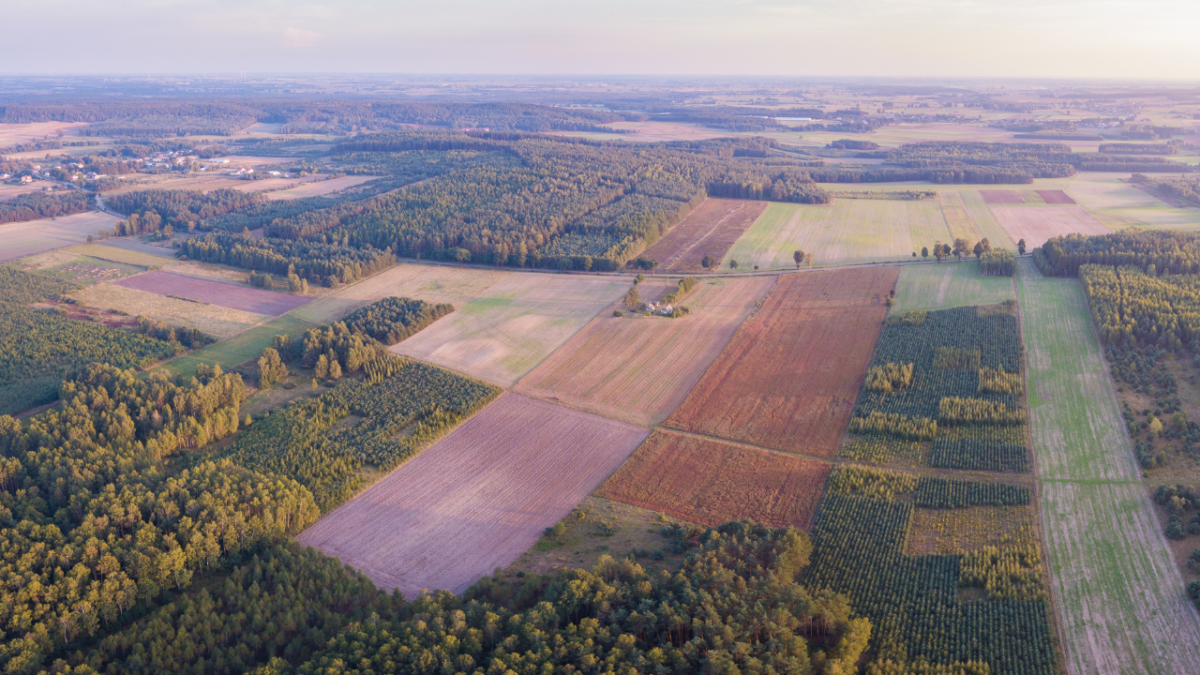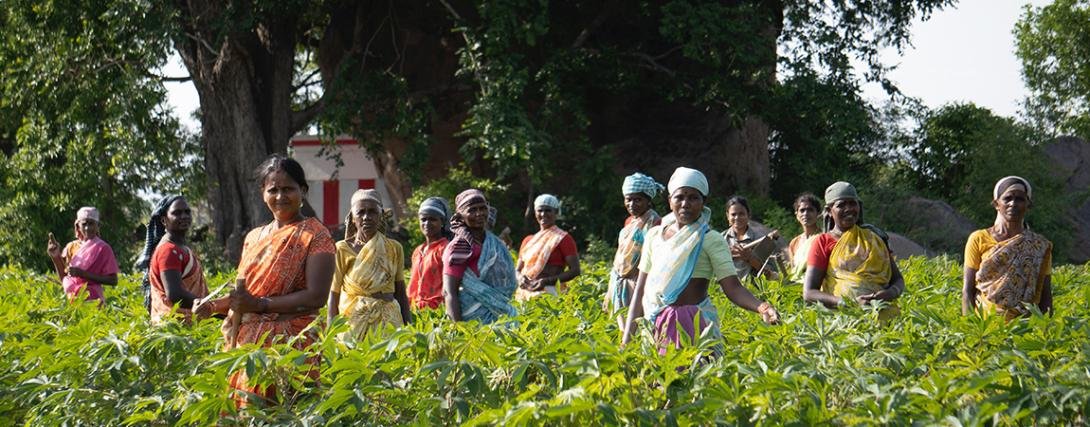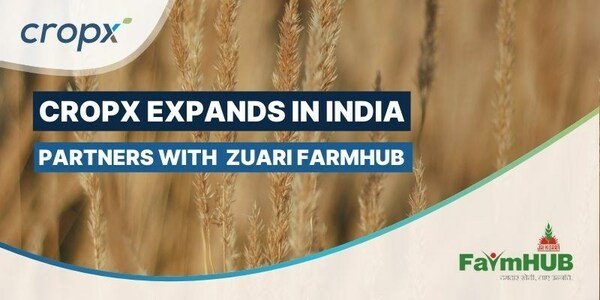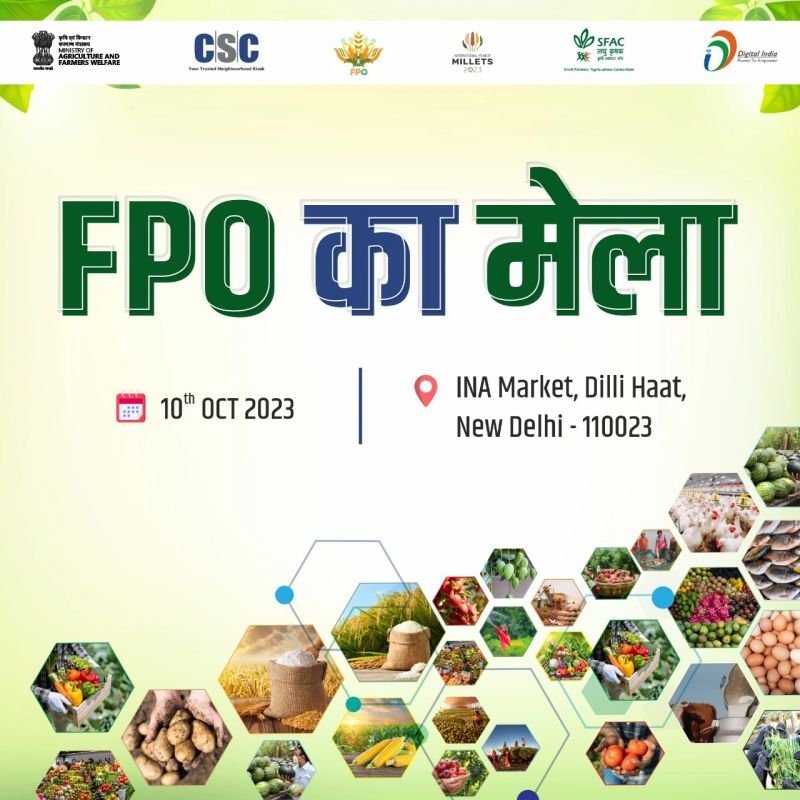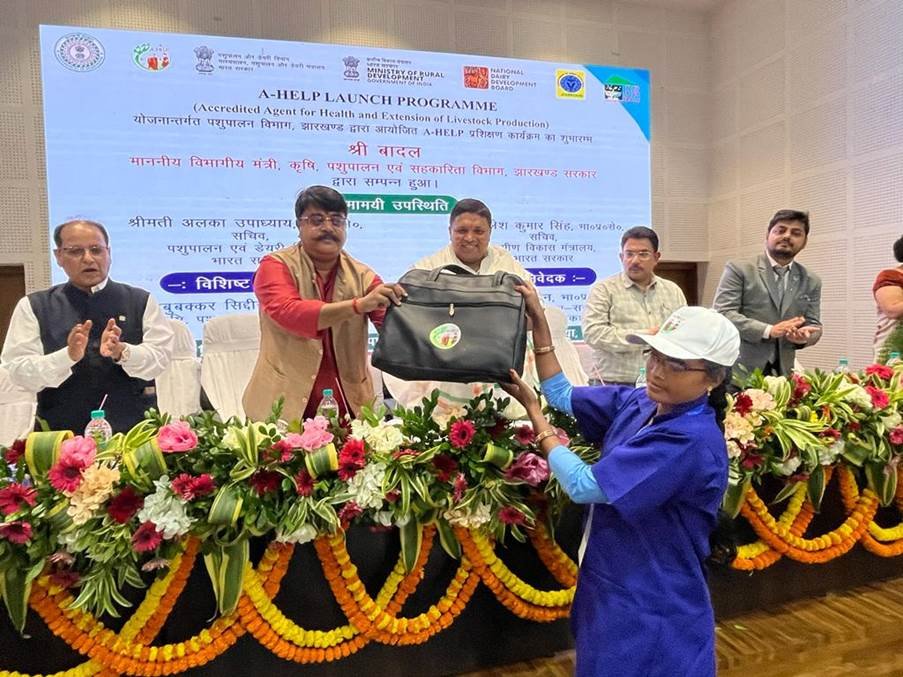SC Solutions and Hunnicutt Farms innovate corn growing
SC Solutions’ I-SAT platform provides advanced satellite imagery and analytics, supporting Hunnicutt’s mission to be at the forefront of sustainable and precision agriculture practices
Hunnicutt Farms, a leading grower of corn, popcorn, soybeans, and feed corn, is advancing with its use of earth observation analytics by signing a contract with SC Solutions, Inc. SC Solutions’ I-SAT platform provides advanced satellite imagery and analytics, supporting Hunnicutt’s mission to be at the forefront of sustainable and precision agriculture practices.
“Our platform [I-SAT] takes high-resolution data to analyse key factors influencing corn growth, including soil health, moisture levels, and vegetation indices,” said Cliff Beek, CEO of SC Solutions. The differentiating output factor, according to Beek; “is the fusion of machine learning and space technology to progress agricultural practices.”
Operating for over a century, Hunnicutt Farms has demonstrated an affinity for embracing innovative solutions. “Earth Observation technology aligns with our commitment to sustainability and precision farming,” expressed Brandon Hunnicutt, Owner Partner at Hunnicutt Farms, and a 5th generation Nebraska farmer. Hunnicutt added, “We’re excited about the potential to elevate our corn cultivation practices and contribute to a more sustainable future.”
Transforming vast swaths of raw data into actionable insights by leveraging advanced machine learning techniques, including deep learning and neural networks, I-SAT’s Precision Analytics offer an unparalleled deep dive into Earth’s observational data. The platform’s state-of-the-art AI analytics, hyperspectral capabilities, and intuitive visualisation techniques make complex earth observation data comprehensible, accessible, and actionable.
SC Solutions' I-SAT platform provides advanced satellite

